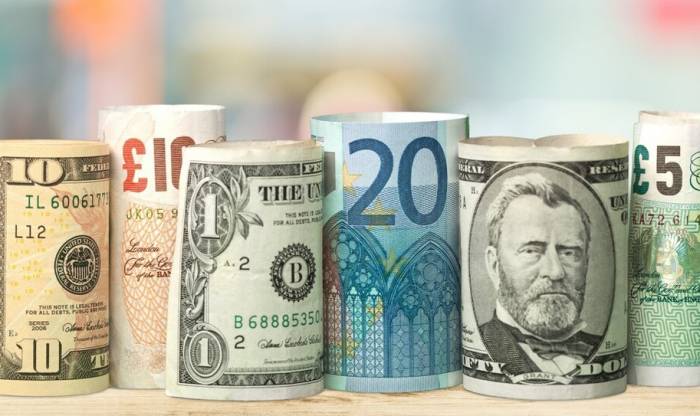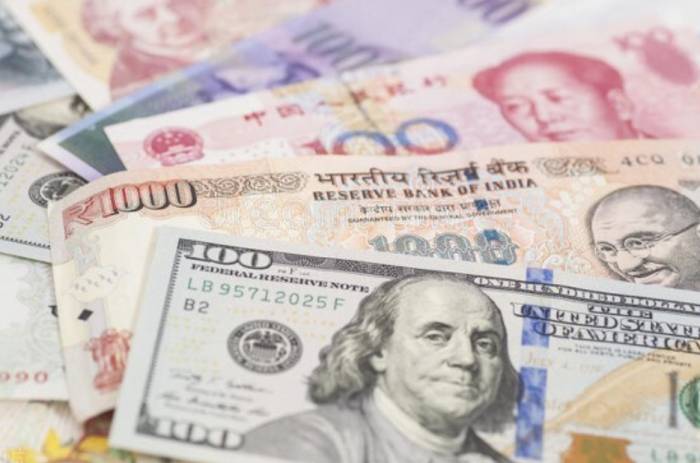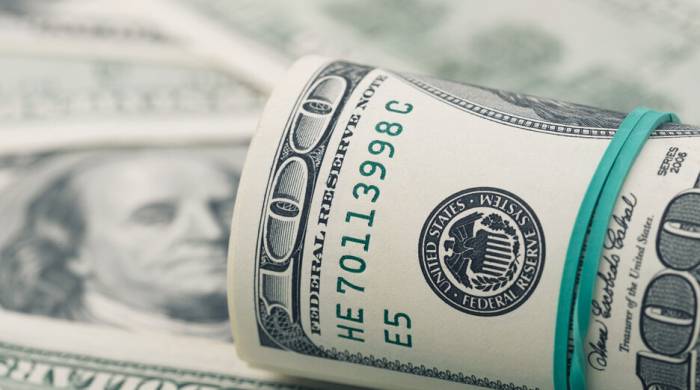Recently, interviews at popular universities, hospitals, and cultural heritage sites have revealed that admission tickets (numbers) that were originally available for free or at low prices are now being resold for a fee, bundled and sold together, and offered at inflated prices both online and offline; some renowned expert numbers at hospitals have also been almost monopolized.
"Free venues are out of reach for ordinary people, and to see a good doctor, one can only turn to scalpers," many citizens lamented.
It has been reported that some "scalpers" use technical means to centrally "intercept" tickets for certain scenic spots, cultural heritage venues, and hospital resources, and then resell them at a higher price through various channels, forming a gray industry chain. Currently, many places have established special working groups to crack down on such illegal activities throughout the entire chain.
Public welfare tickets have turned into "money-making tickets," and expert numbers have become "scalper numbers."
Recently, many popular attractions across the country have opened free reservation services for visits and tours, but a large number of "scalpers" have set their sights on free scenic spots and universities.
At the end of August in the early morning, tourists had already gathered at the West Gate of Peking University. "Do you want to come in for a visit? There are no tickets online, but I have a way to get in," a "scalper" introduced. After hesitating, Mr. Zhu from Shandong paid 200 yuan and entered smoothly. In addition to popular universities, many popular free exhibitions across the country have also been subject to paid "reselling." Searching for the names of relevant venues on online platforms such as Xianyu and Xiaohongshu, many follow-up posts are related to tickets. In a post titled "Shaanxi History Museum Ticket Reservation Strategy," the poster replied in the comment section, "Available for reservation and reselling, private," with a reservation success rate of 96%, and ticket prices nearing 300 yuan during the National Day period.
Reporters learned that many low-cost tickets for public welfare that cannot be obtained through official channels can be purchased on third-party platforms as bundled "packages" that include hotels, guides, or catering. A travel agency on the Qunar Travel App that offers a "ticket package" including the "main ticket + electronic guide" for the Sanxingdui Museum has sold more than 24,000 items. On apps like Ctrip and Xianyu, some travel agency products bundle the interpretation, guiding, study tours, and tickets of the Nanjing Museum for sale.
It's not just some popular scenic spots, but also in the hospital appointment registration system for treating and saving people, there are some "scalpers" who snatch and resell tickets. Since August, reporters have logged into the registration systems of some well-known tertiary hospitals multiple times, and many departments show no numbers available. However, a "scalper" told the reporter that they could register for a number on August 30th, in addition to the normal registration fee of 60 yuan, an additional 400 yuan is required. Another "scalper" said they could help register for a number on the 29th, but it would require an additional 1,000 yuan.
"Registering through 'scalpers' has long been an open secret," some patients confessed. Investigators introduced that as long as 10 "scalpers" use illegal software to snatch numbers at the same time, they can monopolize the medical expert numbers. In practice, some famous expert numbers have almost been monopolized, with each number being sold at a minimum increase of 1,500 yuan. Ordinary patients have no way to register and have to turn to "scalpers" to solve the problem.
"Reselling tickets for four years can buy a house in Beijing."Why does ticket scalping persist despite repeated bans? An in-depth investigation by reporters has revealed that unlike the past where scalpers would queue at windows and sell tickets covertly, today's "scalpers" are primarily composed of "hackers, keyboard operators, and ticket brokers" who form "ticket-sniping studios." They use technical means to manipulate ticket (appointment) reservation systems, remotely controlling with just a few clicks, and engaging in paid ticket-sniping, bundled sales, and price-gouging for tickets (appointments) at popular tourist spots, hospitals, and other venues across the country.
Tencent Security's traffic risk control expert, Zhang Hongyun, explained that hackers first collect tourists' ticket purchase demands and personal information through various platforms. When the tickets go on sale, they use automated tools to snatch them up. The process of purchasing tickets requires filling in information, selection, submission, and payment. If done manually, the entire process would take at least three to four seconds, whereas an automated script can complete all steps in just 0.0001 seconds.
Prosecutor Bai Lei from the Haidian District People's Procuratorate in Beijing stated that keyboard operators do not need to understand technology; they simply input tourists' ID numbers, phone numbers, and other personal information along with the required ticket dates to use ticket-sniping software to "violently" place orders for tickets at some well-known tourist spots. Suspects post threads containing keywords on online platforms like Taobao and Xianyu to attract customers and comment on these threads to set prices, such as 20 to 30 yuan for tickets to the National Museum and Military Museum, and 100 yuan for Peking University tickets, with ticket brokers then marking up the prices.
Some travel agency staff and part-timers have become a hidden group of "ticket brokers." Reporters learned that among the customers who buy tickets (appointments) from keyboard operators, some are sporadic individual tourists, while others are professional "ticket brokers." Wu from a certain international travel agency said that their company had people involved in ticket scalping operations, sending tourists' personal information to "ticket-sniping studios." They then arrange itineraries according to tourists' needs and charge a certain commission. Travel agency staff and part-time college students are easily lured into a path of crime.
Bai Lei introduced that the huge profits from ticket scalping encourage "scalpers" to take risks. In a ticket scalping case at a certain scenic spot, a person involved made more than 300,000 yuan in just over a month during the summer; in a hospital appointment scalping case, the person involved made more than 600,000 yuan over two years by snatching up appointment sources. "Scalping tickets for four years can buy a house in a first-tier city," said a suspect, adding that many "scalpers" have lower levels of education, mostly young people who dropped out of junior or senior high school. When they are short of money in internet cafes, they search online for crooked ways to make money and eventually get deeper and deeper into trouble in the face of huge profits.
"Human prevention + technical prevention" to plug loopholes and strengthen supervision
Reporters learned that some hospitals have been "fighting the bull" all year round and have formed experiences in strictly cracking down on and having zero tolerance for ticket brokers. As early as 2017, Beijing Children's Hospital established a special team for combating and governing ticket brokers, strictly preventing illegal activities such as ticket brokers shouting and selling, banning the IP addresses of App users who operate frequently, and adopting a random and irregular release system for online appointment sources.
At the same time, public security departments have increased their crackdown efforts, severely striking against the illegal and chaotic phenomena of hospital "ticket brokers." Recently, in response to illegal activities of scalpers selling scarce appointment sources in several hospitals within their jurisdiction, Beijing Haidian police, after investigation, evidence collection, and visits, successively arrested 33 people in Beijing and other provinces on September 12, seized more than 400 mobile phones, computers, and other作案 equipment involved in the case, and destroyed 3 dens. Sichuan Deyang public security organs carried out a joint centralized arrest operation, cracking down on 3 criminal gangs that used plug-in programs to snatch tickets for scenic spots across the country and 1 ticket-sniping plug-in production gang, arresting 34 suspects.
People interviewed suggested that the current National Day holiday travel peak is approaching, and for popular universities, hospitals, and cultural and museum scenic spots, tickets (appointments) in the process of reservation, ticket release, and ticket refund, it is recommended to learn from past experiences, further improve processes, plug loopholes, and increase crackdowns to continuously compress the space for "scalpers" to scalp tickets, so that people's welfare policies can be firmly implemented.
To prevent "scalpers" from continuously updating and iterating ticket-sniping plug-in software, Liu Tao, a professor at the Criminal Investigation College of the People's Public Security University of China, suggested taking multiple measures to increase the technical purchase threshold, such as increasing the number and difficulty of mobile phone number verifications, thereby increasing the difficulty and cost for "scalpers" to update software. At the same time, prohibit the registration of ticket reservation accounts with virtual mobile phone number segments, widely implement the "ticket refund does not return to the pool" reservation rule, and squeeze the time for "scalpers" to scalp tickets.Journalists have learned that, currently, despite the severe crackdown on "scalpers" by multiple departments, a large amount of ticket scalping information still exists on some internet platforms, with advertisements such as "Book tickets on behalf of others, full refund if not successful" emerging from time to time. Some platforms allow operators to package, bundle, and sell tickets at a higher price, and there are operators who "form a group by themselves" to obtain temporary讲解 certificates to grab tickets. Experts suggest that internet content platforms, video sharing platforms, and travel platforms such as Douyin, Meituan, and Qunar should firmly establish a consciousness of abiding by the law, strictly review content, and strengthen the review of "borderline" content to assist relevant departments in investigating and dealing with "scalper" accounts.
In addition, multiple departments need to form a collaborative force. At the grassroots level, it is reflected that there are difficulties in warning effectiveness, evidence collection and sentencing, and identification and decryption in combating "scalpers". When punishing "scalpers", most are based on the "Security Administration Punishment Law" for "selling securities" to give corresponding treatment. However, for the current large amount of bundled sales and price-increasing sales of free reservation codes for scenic spots, there is no corresponding legal treatment. At the grassroots level, it is suggested that according to the illegal circumstances of "scalpers", there should be a heavy blow to increase the punishment, and public security, procuratorial, judicial, market supervision, and propaganda network information departments should strengthen collaboration to form a joint force. Key venues and hospitals should be included in key deployment to form a crackdown momentum, and case interpretation should be used to form a society-wide crackdown on "scalpers". (Reporters Chen Xu, Li Jiwei, and Lu Chang report from Beijing)





























